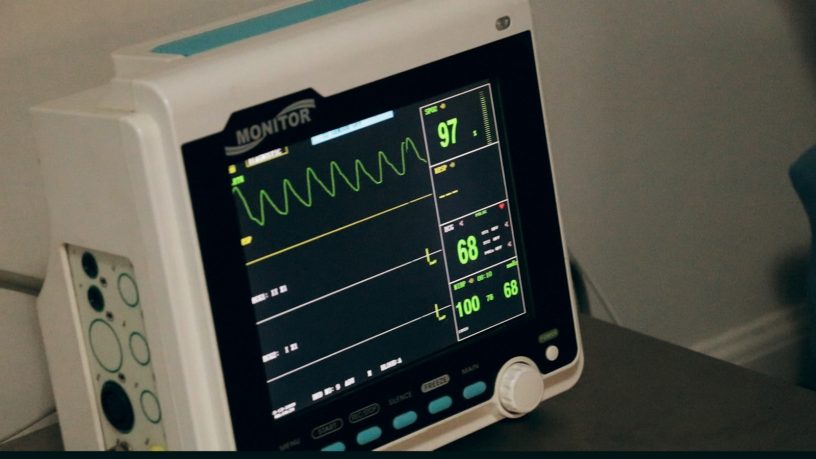Orderliness of medical records is essential in healing and in some jurisdictions. As stated by the American Health Information Management Association (AHIMA), medical records coordination increases the continuity of care and improves decision-making. The accuracy of the summaries can affect legal records and briefs and reinforce their value in managing knowledge.
The Following Are the Chronologies Relating to the Medical History
Medical chronologies are patient care event, treatment, and medical history timelines. They are part of key records that offer chronic records of a patient’s healthcare journey.
Flowcharts are used for medical chronologies as an organized timeline of patient care, which is essential in operations and documentation in various healthcare facilities.
Medical chronologies should always be completed by physicians as they facilitate a clear and concise conveyance of the patient’s history and care program.
Managing the Records of the Patients
Stewardship of medical records has challenges like: Incompleteness of records, Inconsistencies, and Retrieval challenges which all affects patient care as well as legal systems.
Typical Challenges Experienced by the Healthcare Companies and Legal Firms
The risks involved in managing medical records considerably affect healthcare providers and law firms alike in the following ways. Such problems are, for instance, disparity in record keeping, inadequate documentation, and problems in accessing required information.
Effects of Compromised Records
The implications of inadequately managed records include incorrect diagnosis, unsuitable treatment plans for the patient, and unfavorable legal proceedings. The failure of a well-coordinated system is not only an issue for patients but also for legal claims that can compromise the integrity of the case.
Written Medical Chronologies by Physicians
Physicians contribute to the formation of medical chronologies as chroniclers of healthcare events that unfold in patients’ lives. In a systematic manner, they assist in documenting patient contacts, therapies, and results, which helps to form a historical precedence to support practice. These medical chronologies by physicians directly assist in patient care, and so are vital tools during legal issues where preciseness is of the utmost importance.
Approaches for Compiling Summaries of Medical Records
Subjective medical record summarization also has beneficial implication to the patients and the legal aspects as it helps in organizing relevant details, which may be vital to various stakeholders.
The following are some ways that healthcare providers can implement to increase the efficiency of medical record management. Grouping medical data into coherent summaries helps make otherwise complicated information easier for healthcare professionals and legal advisors to understand.
Standardizing Record Form
The use of standard record formats and summaries also makes it easier to search and compare between records and avoid missing some important information.
Technology Application in Record Management
Moreover, using technology like EHRs and corresponding software tools speeds up the management process, as well as the integration of records, and facilitates the enhancement of overall record credibility.
Wrapping Up
Effective records and handling of medical documents are critical in the provision of quality health care and representation in legal proceedings. Thus, practicing physicians and attorneys would be more capable of developing precise medical chronologies that would invariably improve their respective fields and guarantee the accessibility of important data when needed. This is a call for the application of systematic methods of record-keeping for the improvement of all the players concerned.









